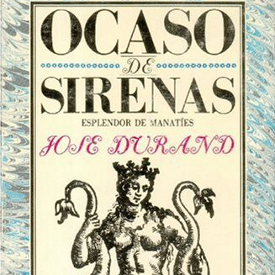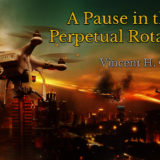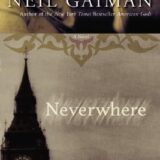 Ever since I read Richard J. Evans’ article in The Guardian criticizing counterfactuals, I have wanted to read and review his book Altered Pasts: Counterfactuals in History. As many of you may know, I am a big fan of what ifs, but I also know that only reading things that agree with your world view is a poor way to keep your mind sharp. So even though I went in with a whole lot of bias, I am going to try and do my best to present an honest review of the book.
Ever since I read Richard J. Evans’ article in The Guardian criticizing counterfactuals, I have wanted to read and review his book Altered Pasts: Counterfactuals in History. As many of you may know, I am a big fan of what ifs, but I also know that only reading things that agree with your world view is a poor way to keep your mind sharp. So even though I went in with a whole lot of bias, I am going to try and do my best to present an honest review of the book.
Altered Pasts is a both a history and critique of counterfactual history. Evans describes the use of the historiography from its earliest appearances to its surge in popularity during the 1990s with Niall Ferguson’s publication of Virtual History. He also goes into some of the common traits practitioners share, such as how popular it is with politically conservative historians, conspiracy theorists and historical revisionists (the bad kind, i.e. Holocaust deniers). This is of course apparent as he gets into the critique portion of the book where he dismisses counterfactuals as useless for the understanding of history. Evans states that a historian’s job is to explain how history happened, not what didn’t happen. He accuses many counterfactual historians of being “presentist” and thus only using their counterfactuals to express their disappointment with how history turned out. Among many other criticisms, Evans accuses counterfactuals to be nothing better than fantasy and rely too much on parallels with our history to be plausible.
Frankly I agree with most of what Evans said. Alternate history, which he only touches on in passing in this book, is a great form of entertainment, while counterfactual history on the other hand, has a lot of weaknesses that it prevent from being accepted by mainstream historians. The problem is that nothing Evans said is exactly new to me or to anyone who has spent enough time on an alternate history forum. In fact Evans could have summed up his attacks on counterfactuals being implausible by three simple words: alien space bats. There is also the major issue with his argument that if it is a historian’s job is to explain how something happened, than there will always be an implied counterfactual when a historian describes the cause of an event. If we accept that the cause or causes led to the event, than we only need to remove them to set history on a different track. Even if intangible forces make it extremely unlikely that a change near the event will actually change history in the long run, we could still go further back in time to alter those very same forces to get the required result. Perhaps we wouldn’t get the world we wanted in the end anyway, but a “good” counterfactual historian allows his alternate history to play out as it should and not as he wants.
Keeping all that in mind, I am getting a faint whiff of a Philip Roth sense of superiority. Some context: during the Sidewise Award ceremony of the 2012 Worldcon, Steven H Silver admitted he considered not giving the Long-Form Award to Roth for his 2004 novel The Plot Against America. Apparently the literary author had made some comments in the press that came off overly arrogant and implied that he invented the concept of altering history. I’m having that same issue with many of Evans defenders. They have celebrated Altered Pasts as a knockdown blow against counterfactuals without apparently realizing that all these critiques have been voiced before by the method’s supporters.
One more issue I wanted to comment on is a remark Evans made near the end of Altered Pasts declaring the wars in Afghanistan and Iraq under George W. Bush as being “illegal”. This seems an odd thing to call a war. Certainly all wars are illegal on some level. Even if you had the back of a multinational organization like the UN, you would be able to find someone to declare your war illegal, from pacifists back home to the very people you are fighting. Unless of course Evans meant all wars are illegal, but considering he never voiced such an opinion when he brought up the Falklands War several times, it make me question Evans own political bias in writing Altered Pasts. Does he really think counterfactuals are useless in the study of history or does he just think they are useless in the hands of the conservative historians he criticizes throughout his book?
Nevertheless I found myself enjoying Altered Pasts and will likely track down some of Evans more traditional history books in the meantime. To be fair I can only recommend this book to hardcore alternate historians who want a great introduction to the history of the counterfactuals, but take the criticism with a grain of salt. Despite the critical acclaim he has received from many corners, he has not convinced every historian about the uselessness of counterfactuals and he hasn’t convinced me either.









